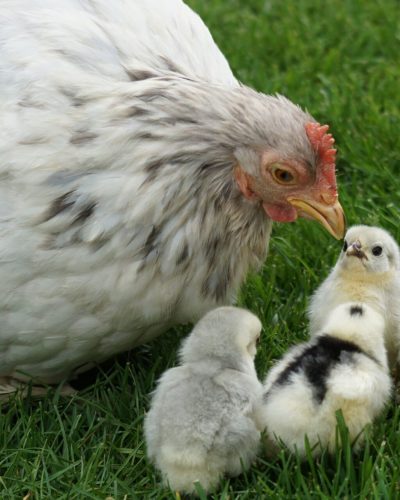We believe that access to healthy food is a fundamental right for every human being on this planet.
Nutrition is essential for us to survive and thrive.What better way to explore and embrace the plant and fruit kingdom that nature provides us with?
Our consumer outreach campaign, ‘Food & You 2.0 – Make the Change,’ is designed to spread awareness about the harmful impact of animal agriculture and encourage a shift toward a plant-based diet through effective online and offline approaches.
With Food & You 2.0, we aim to assist you on your journey to well-being, helping you elevate, nurture, and thrive with a plant-based lifestyle. We provide consumers with everything they need to take this leap, from resources to expert advice, recipes to fun challenges, and health to love.
Our program goes beyond individual consumption patterns. It extends to institutions, humanitarian organisations, and brands to widen our audience and impact by introducing plant-based benefits to sectors addressing health, climate change, food security, and more.
While plant-based foods provide a nutrient-rich diet, they also offer several benefits for the health of humans, the environment, and non-human animals.
Fighting the climate crisis with plants!
Plant-based diets have proven to be one of the solutions to tackle the climate crisis. The footprint of a vegan diet is relatively lower than all the animal-based diets in a study on the environmental impacts of vegans, vegetarians, fish-eaters, and meat-eaters in the UK shows discrepant environmental impacts.
The sheer scale of these operations, widespread government support, weak regulation, and consumer demand for animal-based products in India, are all responsible for the massive animal suffering in these farms. Learn more


Paving a healthy way through plants!
We’ve all heard our grandparents vouching for ‘homely tricks and tips’ to tackle seasonal colds and shivers by consuming certain types of foods. Perhaps our ancestors talked about healing through the rainbow-coloured foods provided by the earth. Turns out, they weren’t wrong!
Making a shift from red and processed meat, poultry, fish, eggs, and dairy products to plant-based foods such as beans, nuts, whole grains, oils, fruit, and vegetables has proven health benefits, as confirmed by researchers in Germany who analysed 37 published studies.
Meat often carries a risk of cardiovascular diseases and type 2 diabetes and can also contain high levels of sodium, nitrates, and nitrites. According to a study in BMC Medicine, “Substitution of animal-based with plant-based foods on cardiometabolic health and all-cause mortality: a systematic review and meta-analysis of prospective studies,” replacing 50g of processed meat a day with 28-50g of nuts was associated with a 21% lower risk of death from any cause.
When 25g of nuts and legumes replaced processed meat a day, the risk of cardiovascular diseases decreased by about 25%. Conversely, using 25g of nuts as an alternative to one egg a day lowered the risk to 17%.
Animals and Birds Are Sentient, Not Food!
Approximately 80 billion land animals are killed each year—10 times the current human population on Earth, which stands at 8.1 billion. This staggering statistic underscores the significant impact of human practices in breeding and slaughtering animals for food.
Animals, including pigs, goats, cows, buffaloes, sheep, and chickens, endure intense cruelty, resulting in profound physical, mental, and emotional trauma. Like humans, these animals are thinking, feeling beings capable of experiencing a range of emotions, from sadness and joy to anger, disappointment, and annoyance.
Fish face a different yet equally dire fate, with millions of tonnes killed annually, measured not as individual lives but as part of a collective “catch.” Overfishing and trawling methods have disrupted ocean ecosystems, leading to the destruction of wild and endangered marine animals, along with coral reefs.
This chain reaction contributes to the decline of oceans, increasing toxicity and rendering the environment uninhabitable for these sentient beings.
Recognising animal sentience is crucial across personal, social, political, and legal spheres to forge a functional world that rejects the normalisation of the violence all animals endure.

